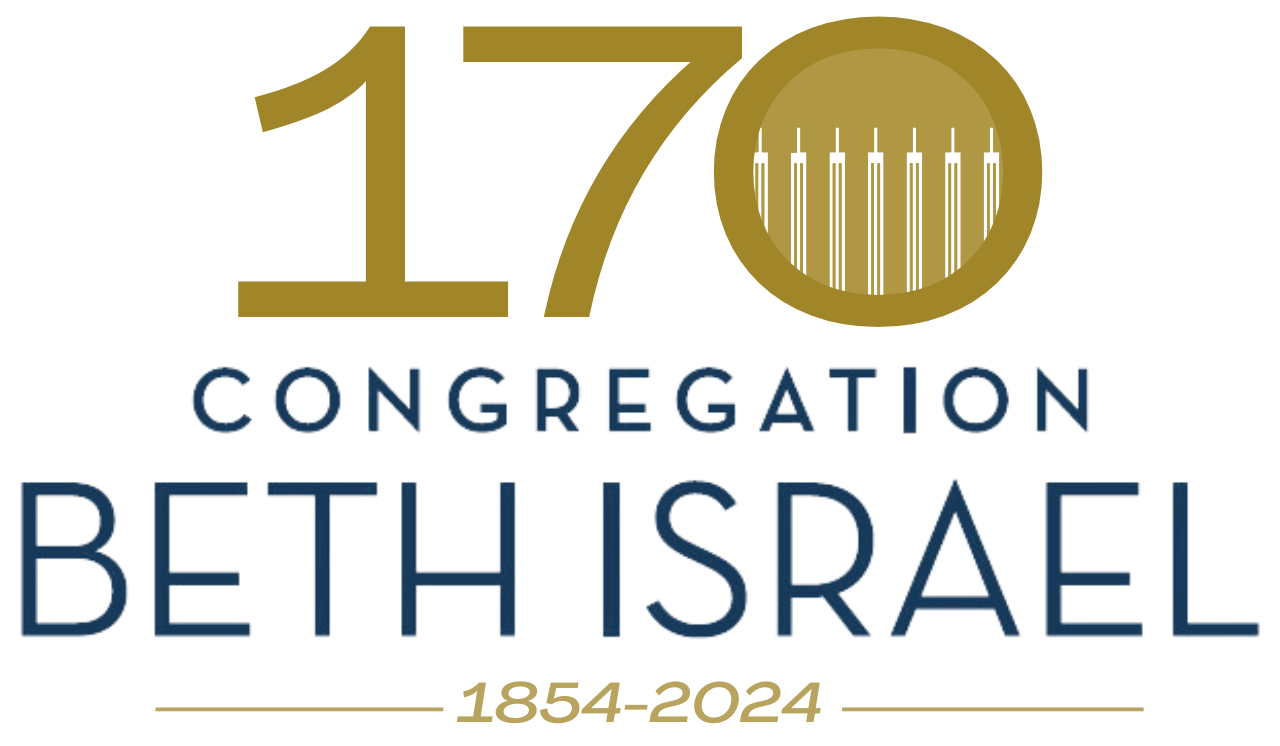Prayer Matters
Prayer Matters
From the desk of Rabbi David Lyon
(reprinted by request)
This week, we begin the book of Leviticus. It’s not a favorite book among Biblical readers. If it’s any indication, Hollywood hasn’t recreated any of its scenes quite like it has from Genesis and Exodus. But, Leviticus, for all its talk about sacrifices and bodily effects, has a lot left to tell us. We can still find remnants that remain timeless and timely for us.
For example, animal sacrifices were a large issue for ancient Israelites. Their personal goal was to bring the best of their flock or herd for offerings to God. Every offering, specifically prescribed, communicated messages between the people and God. There were offerings of thanksgiving, forgiveness, and atonement from sin, to name just a few. All this concern for animal sacrifice ended completely when the Temple in Jerusalem was finally destroyed by the Roman legions in 70 CE. Then prayer replaced sacrifice and the rabbinical age took hold. What the Bible couldn’t tell us about sacrifices is expounded on in Talmud and other texts. Generally, we agree that prayer and not sacrifices was good for the future of Judaism, and surely for the future of flocks and herds.
But, I’m afraid there is something that remains lost forever. In each person’s choice of animals for sacrifice was an intimate concern borne by the individual to bring something pleasing, even savory, to God. The physicality of it made it real without room for imagination. Today, each person chooses prayer for offering. At best, a worshiper offers a prayer with a similar intimate concern to bring something pleasing to God. The difference is that today’s prayer offerings lack physicality. We’ve traded the burden of our hands that held the animal, for the duty of the heart that conveys prayer “up” and outward. Supposedly, we’re more advanced; therefore, we’re supposed to be able to make our experience before God more intellectual, emotional and spiritual.
I’m not suggesting that carrying an animal to the High Priest for sacrifice was more meaningful than bringing one’s prayer directly to God. I wouldn’t have it any other way and neither would you. But, it concerns me that the duty to pray is not felt as heavily in our hearts and souls as it once did in our hands. I’d like to suggest that we invite Leviticus to speak to us anew from its ancient origins. There can be heaviness in our hearts and souls, too. What if it’s frustration to find meaning in prayer? We can take a cue from our ancient ancestors. They didn’t wait to bring an offering until they felt ready. They brought their offering according to God’s mitzvot, namely, festival holidays and other sacred occasions. Meaning was deepened through participation with others. They moved in common rhythm with the community and we can, too.
It requires a different kind of effort to pray mindfully. For those who do so regularly, they would probably admit that prayer might look easy, but it’s not without soulful intent which requires all their heart and soul and might. Prayers of thanksgiving, like prayers for prosperity and peace, are meaningful not simply because we think they might work like some magical formula, but because they move us with hopefulness towards these objectives.
Shabbat is our regular time for worship, though daily prayer is also customary. We do it with offerings of prayer in our house of worship. We do it through Sabbath rituals at home with candles, wine, challah. We express gratitude to family for the blessings they are to us. Whatever you bring and wherever you bring it, make it your best offering. Make it a reflection of the duty of your heart. In English or Hebrew, through song, poetry or prose, there is nothing better than what you’re feeling in your heart and wish to share with God, alone. I join you in that effort. I pray, personally, too. I also enjoy our weekly Sabbath services where song, poetry, prose and community make Friday night and Saturday morning more than days of the week; they are our appointed times to bring our best offering to God.
L’Shalom,
![]()
